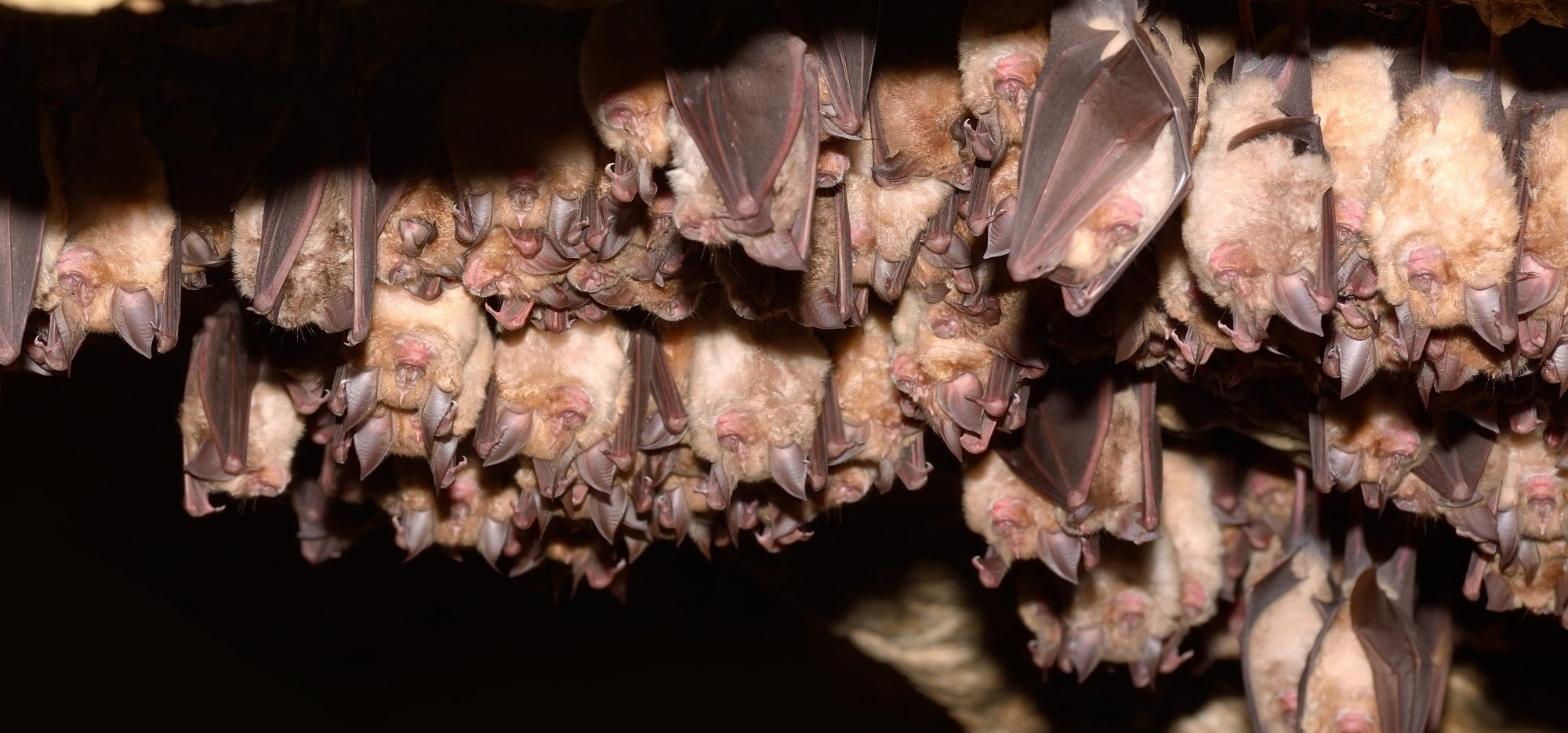IUCN warns against passing Covid-19 to bats
On 12 April 2020, the IUCN recommended suspending of field activities for the protection of bats. They noted that the transmission of SARS-CoV-2 from humans to animals has been documented and that if human-bat transmission is possible, the impact on bat populations and conservation will depend on the consequences of SARS-CoV-2 for bat health and the potential for bat-to-bat transmission. The worst-case scenario considers SARS-CoV-2 circulating in bat populations with the potential to spillover to other wildlife and people. Studies to determine whether humans can spread SARS-CoV-2 to bats, bat morbidity, and transmission are ongoing. Until we have a clearer picture of the magnitude of these risks, the IUCN Bat Specialist Group recommends suspending all field work that involves direct interactions with bats. This includes capture and handling bats, as well as being in sustained proximity (< 3 m) at roost sites.
In the UK, the Bat Conservation Trust (BCT) responded to the recommendation on 16 April 2020 by saying that “[a]t this time there is a high level of uncertainty about the likelihood of such transmission being possible. The recommendations apply the precautionary principle whilst a group of researchers are undertaking rapid risk assessments and we hope they will share their findings as soon as these are available for each global geographic region (they are starting with North America).”
“Based on the Government’s guidance on social distancing and hygiene, we have temporarily suspended the National Bat Monitoring Programme surveys apart from people doing counts of roosts in their own homes. Fieldwork on collaborative projects, such as Back from the Brink, has been stopped and plans for field work on the National Nathusius’ Pipistrelle Project have been halted for now. The Natural England Volunteer Bat Roost Visitor service (which BCT administers under contract) has stopped all visits (whilst offering a remote service for urgent cases). We have amended the way in which the Bat Care Network operates. The changes to all these activities to date are all in accordance with the UK Government’s guidelines for human health protection which remains at the forefront of our minds.”
“In relation to animal health, advice given to BCT from Defra is that if bat work is essential (in line with Government guidance) and cannot be postponed it can continue if good disease risk management practices, including appropriate use of personal protective equipment (PPE), and social distancing are implemented. All other work should be postponed. During the global shortage of some elements of PPE we recommend the suspension of any bat survey activities that require equipment to be purchased which is in short supply, where the priority must be for use in the NHS and other key workers.”
Please do read both the full recommendation from the IUCN and the full response from the BCT before deciding on whether or not to undertake bat fieldwork.
